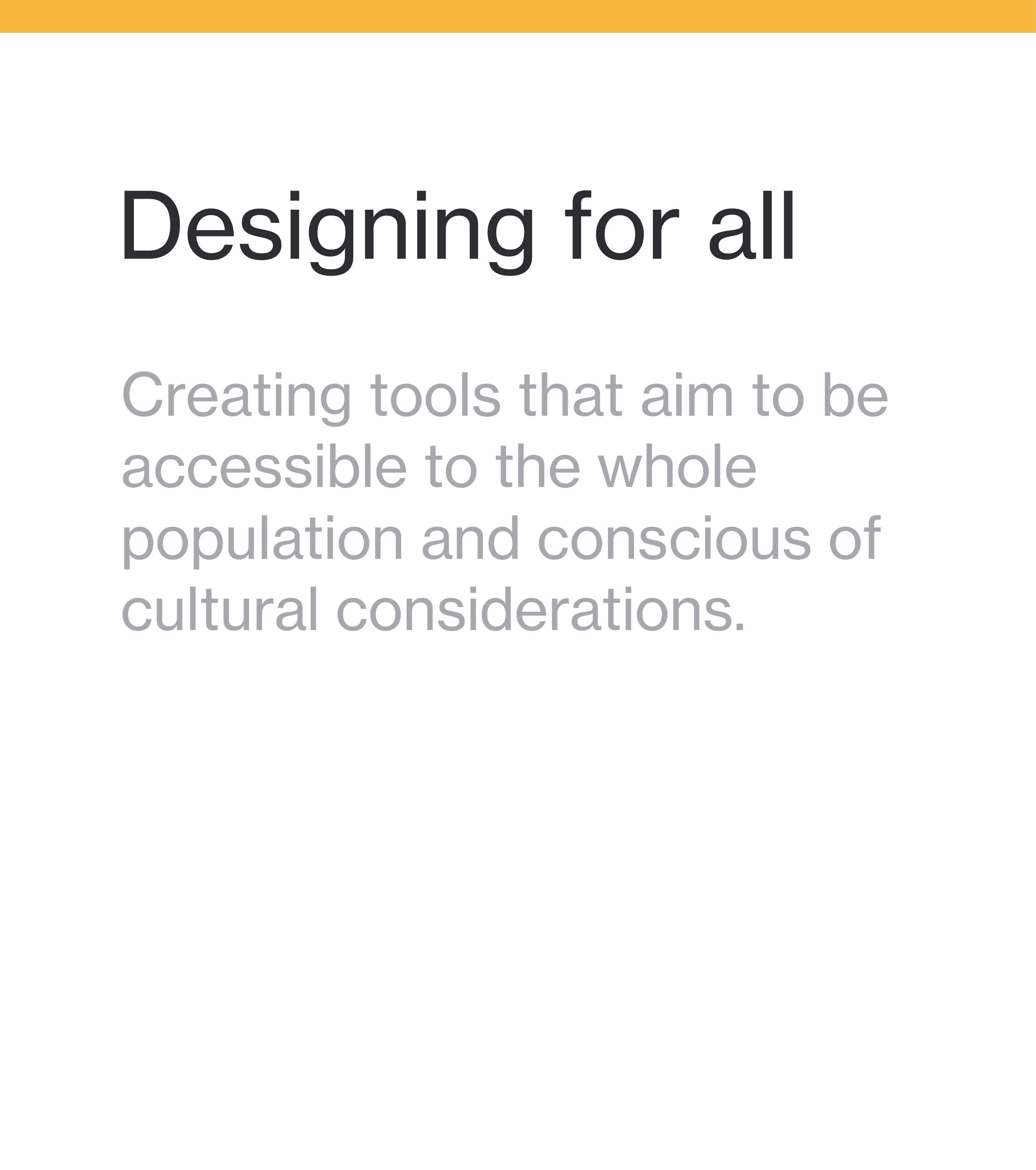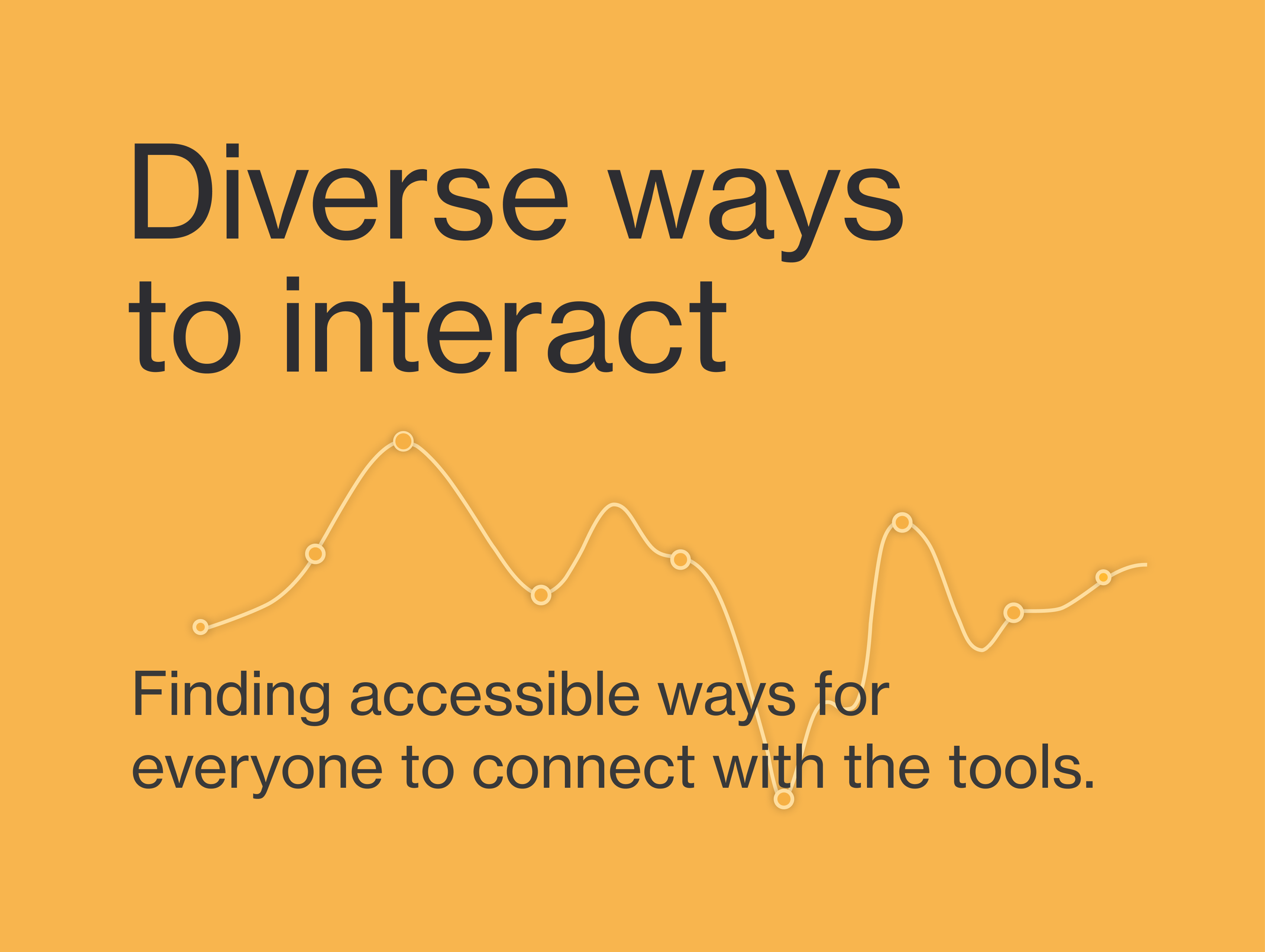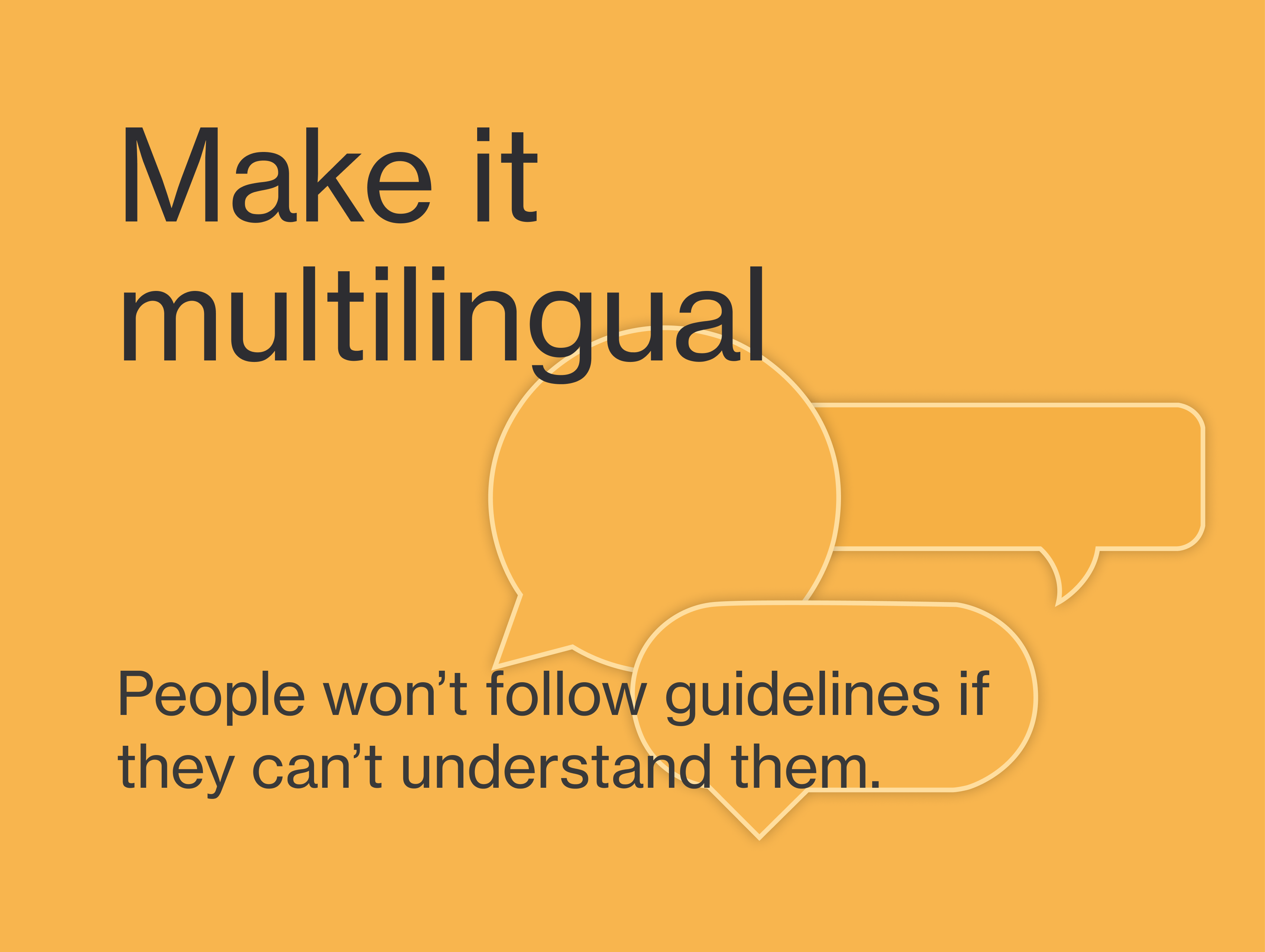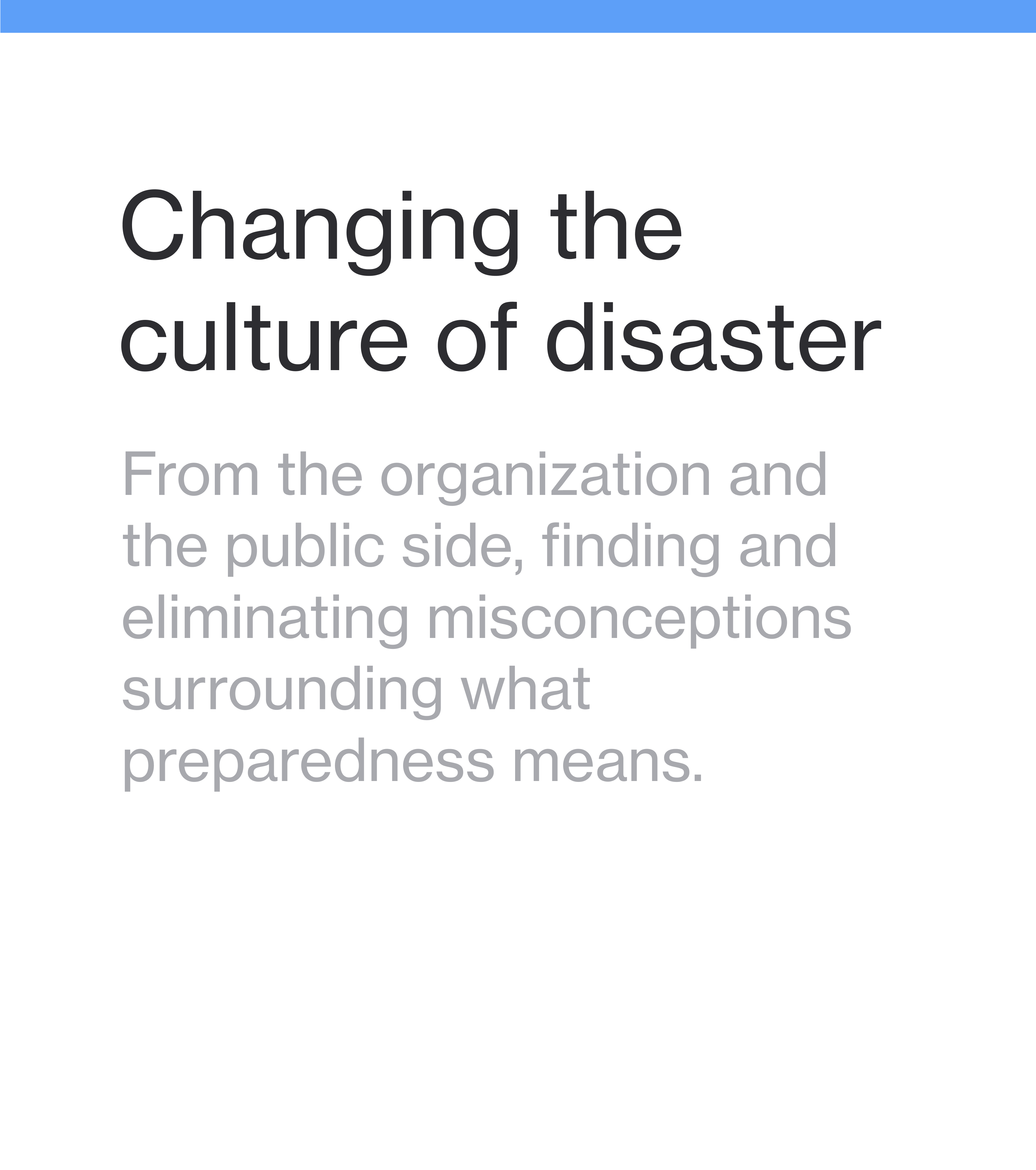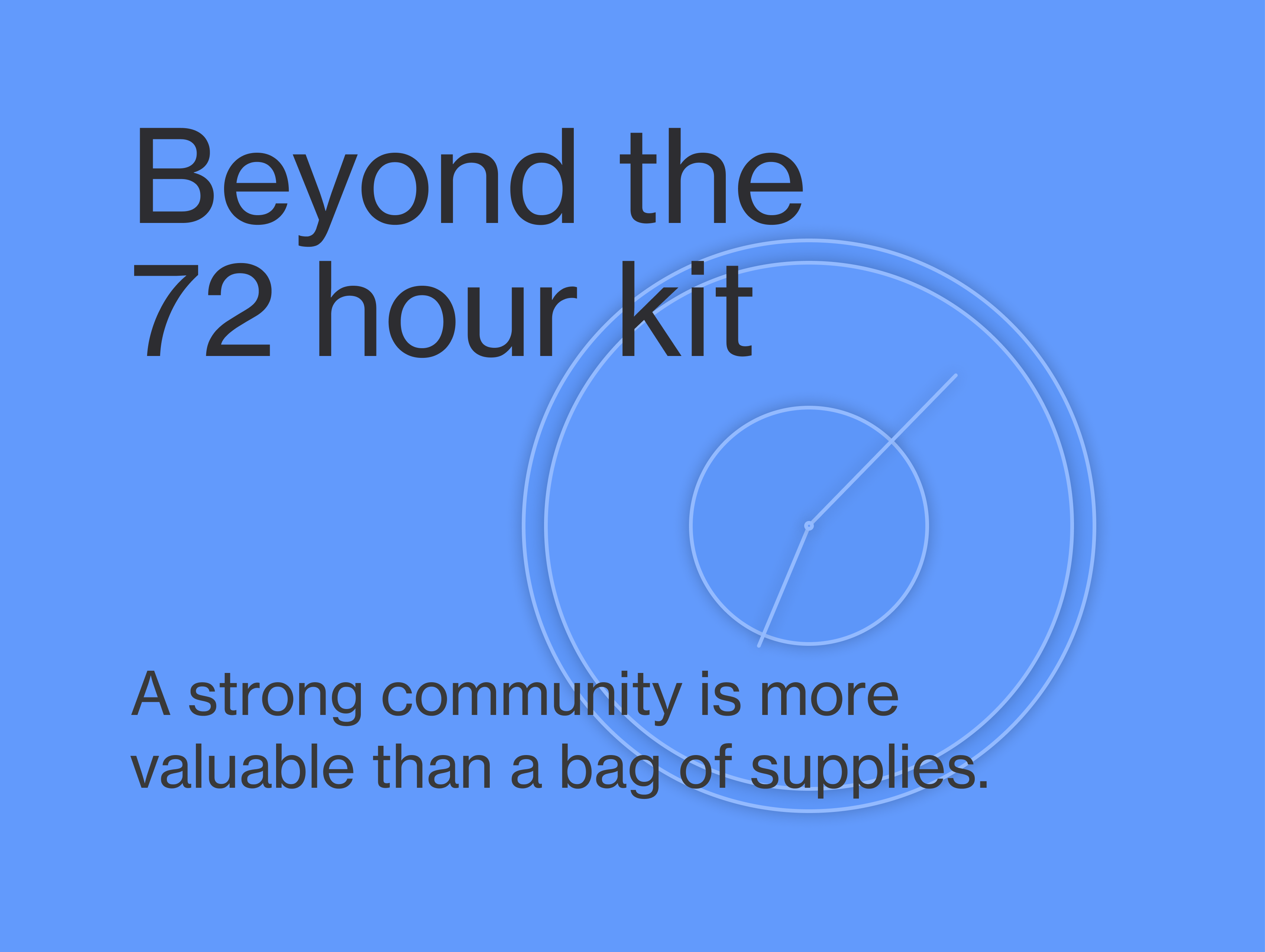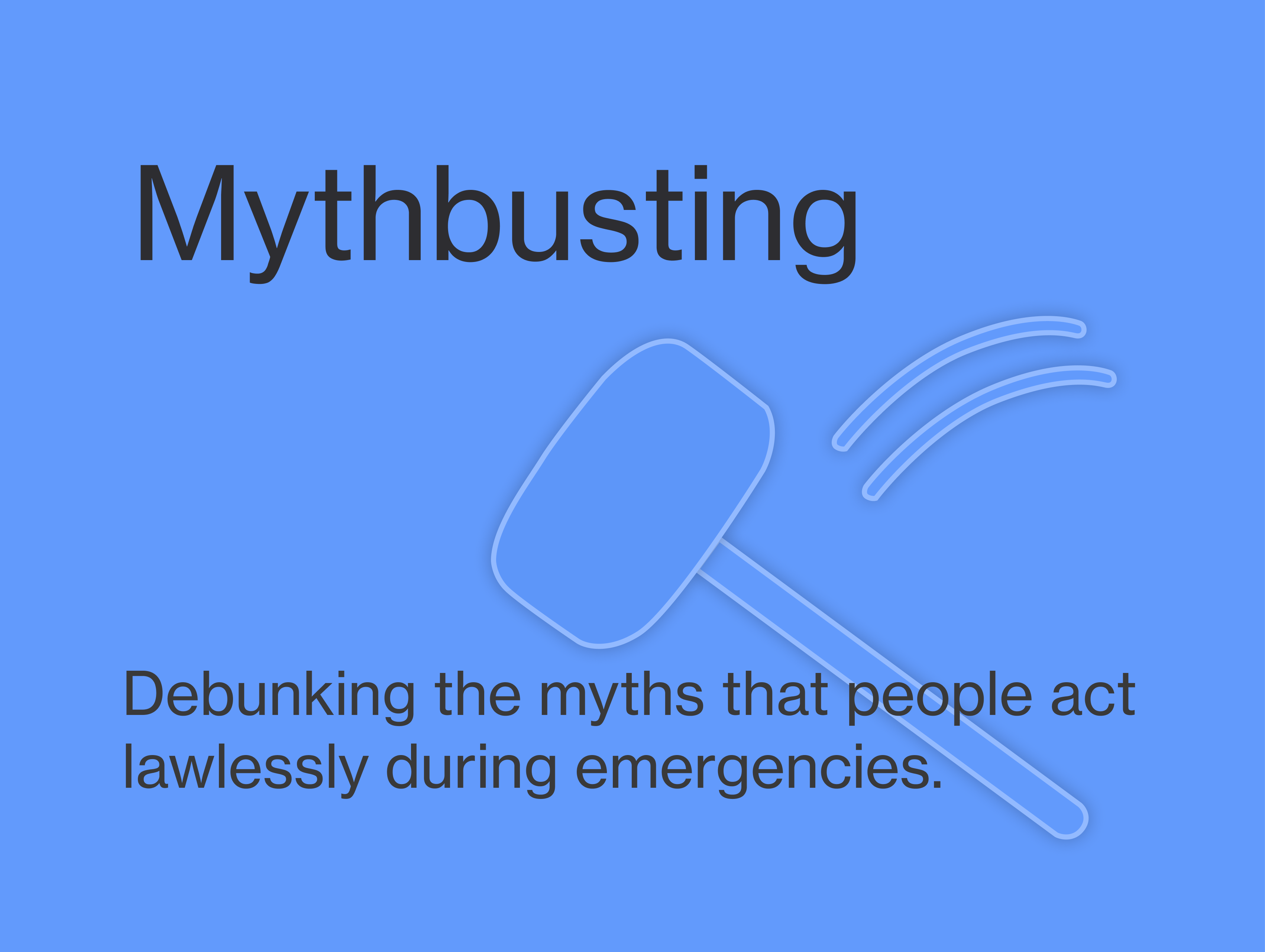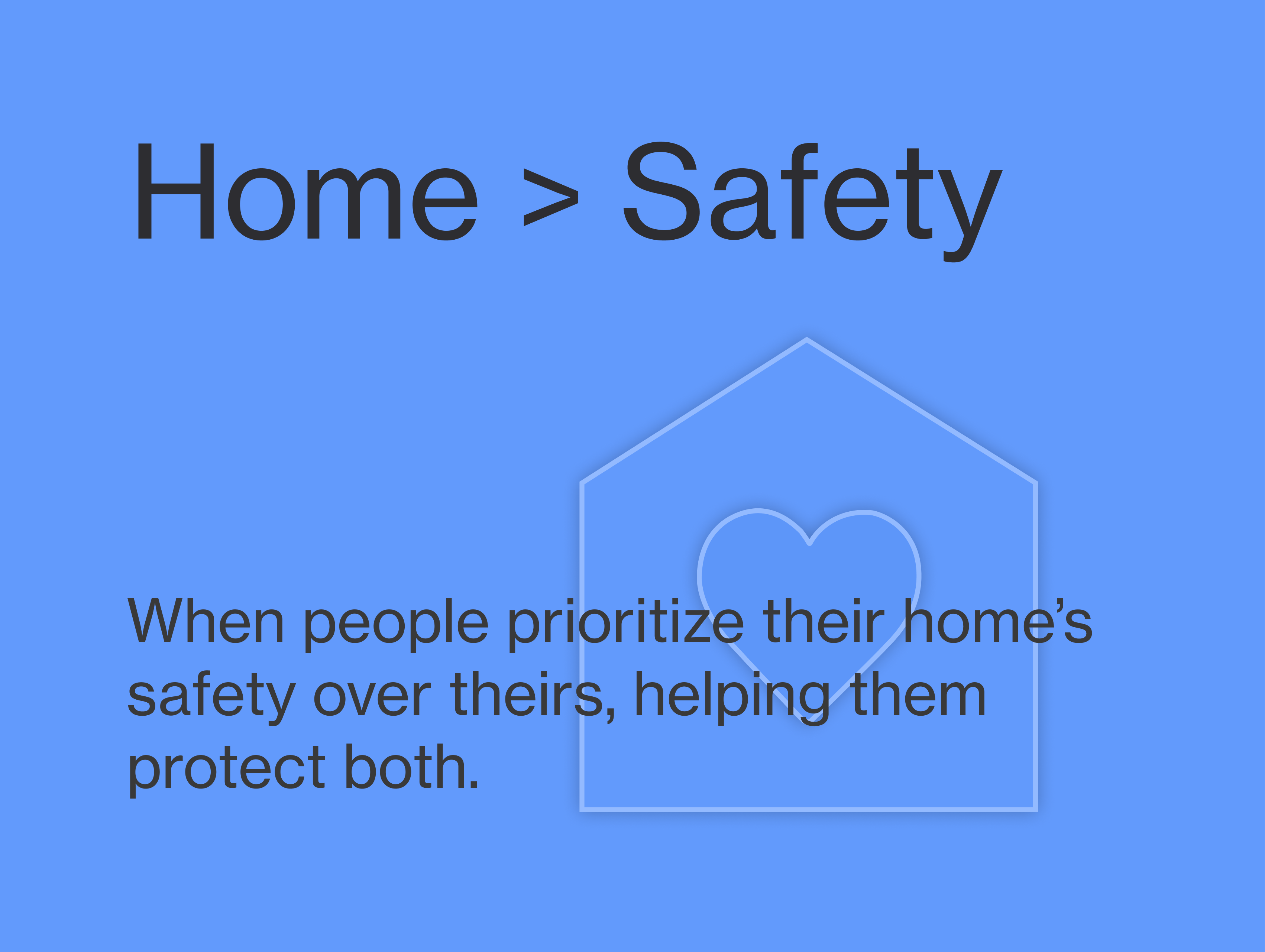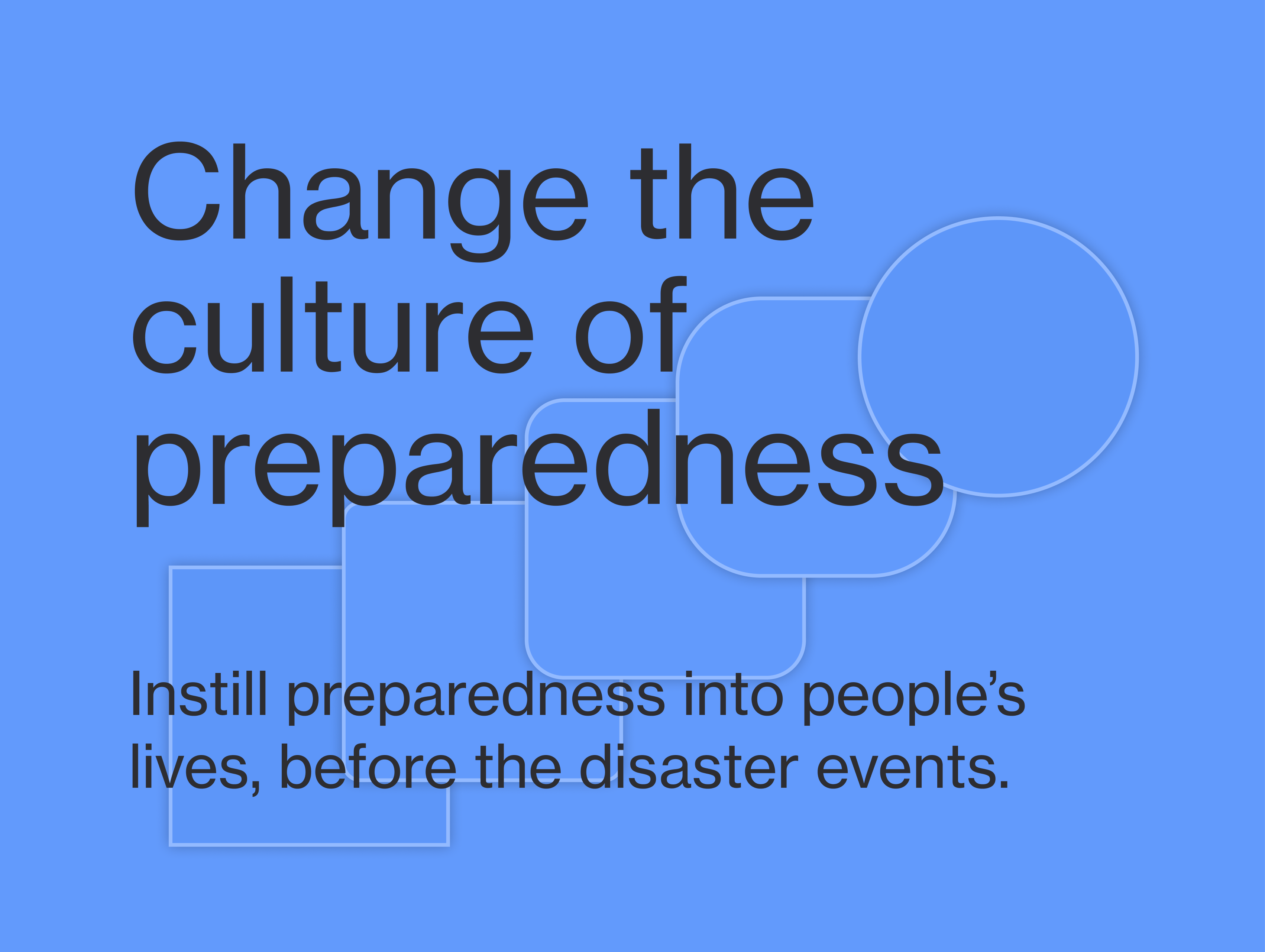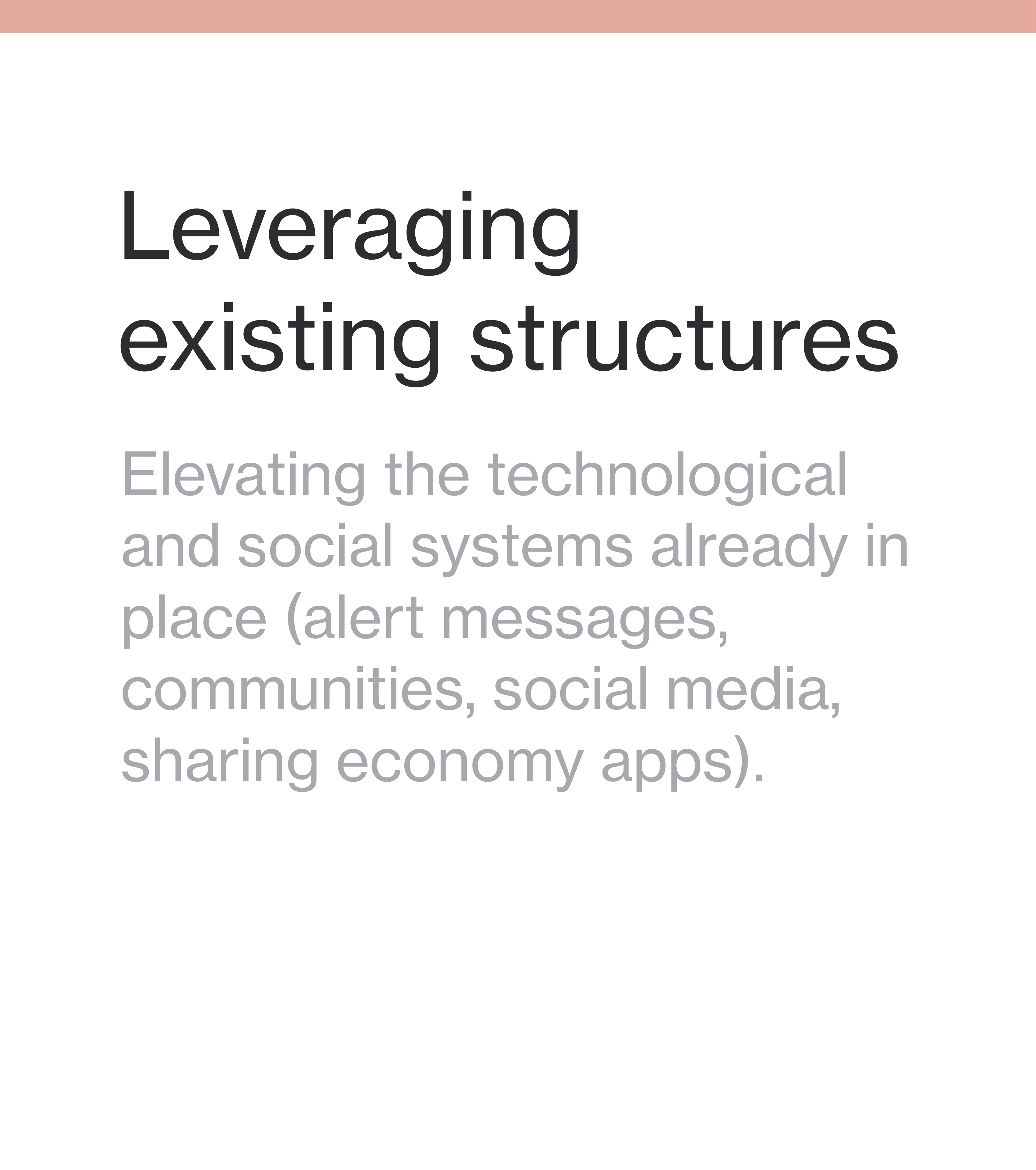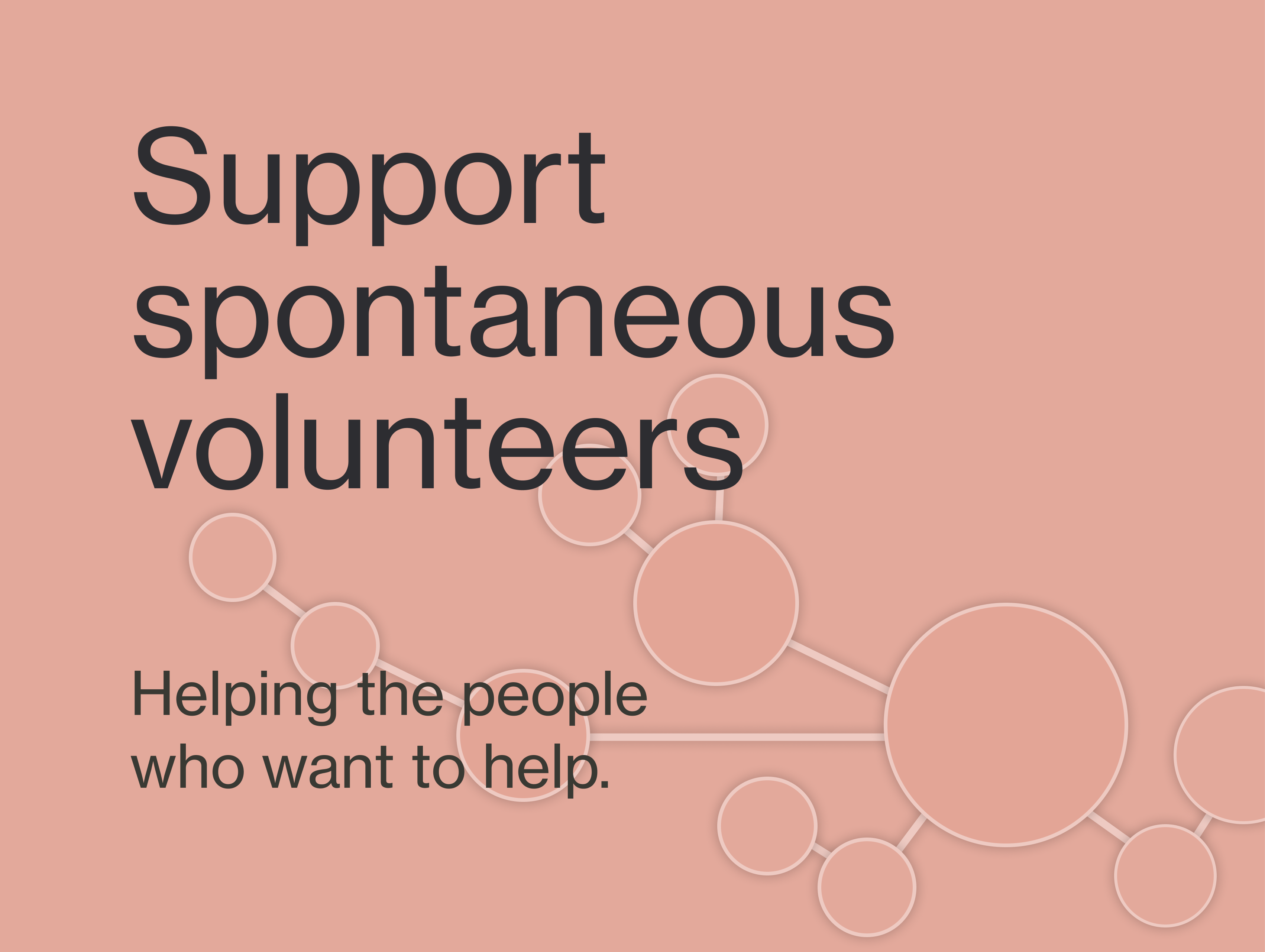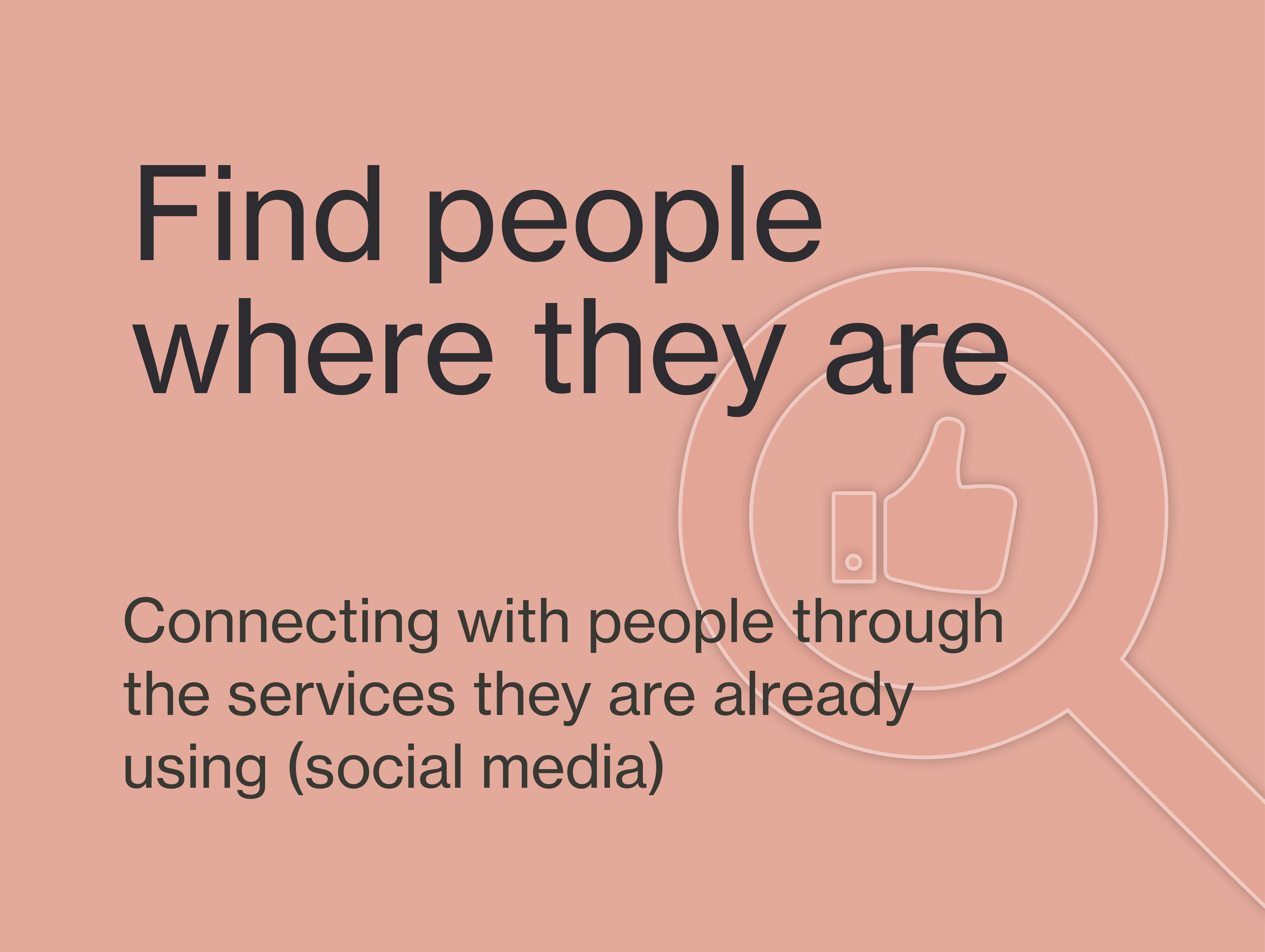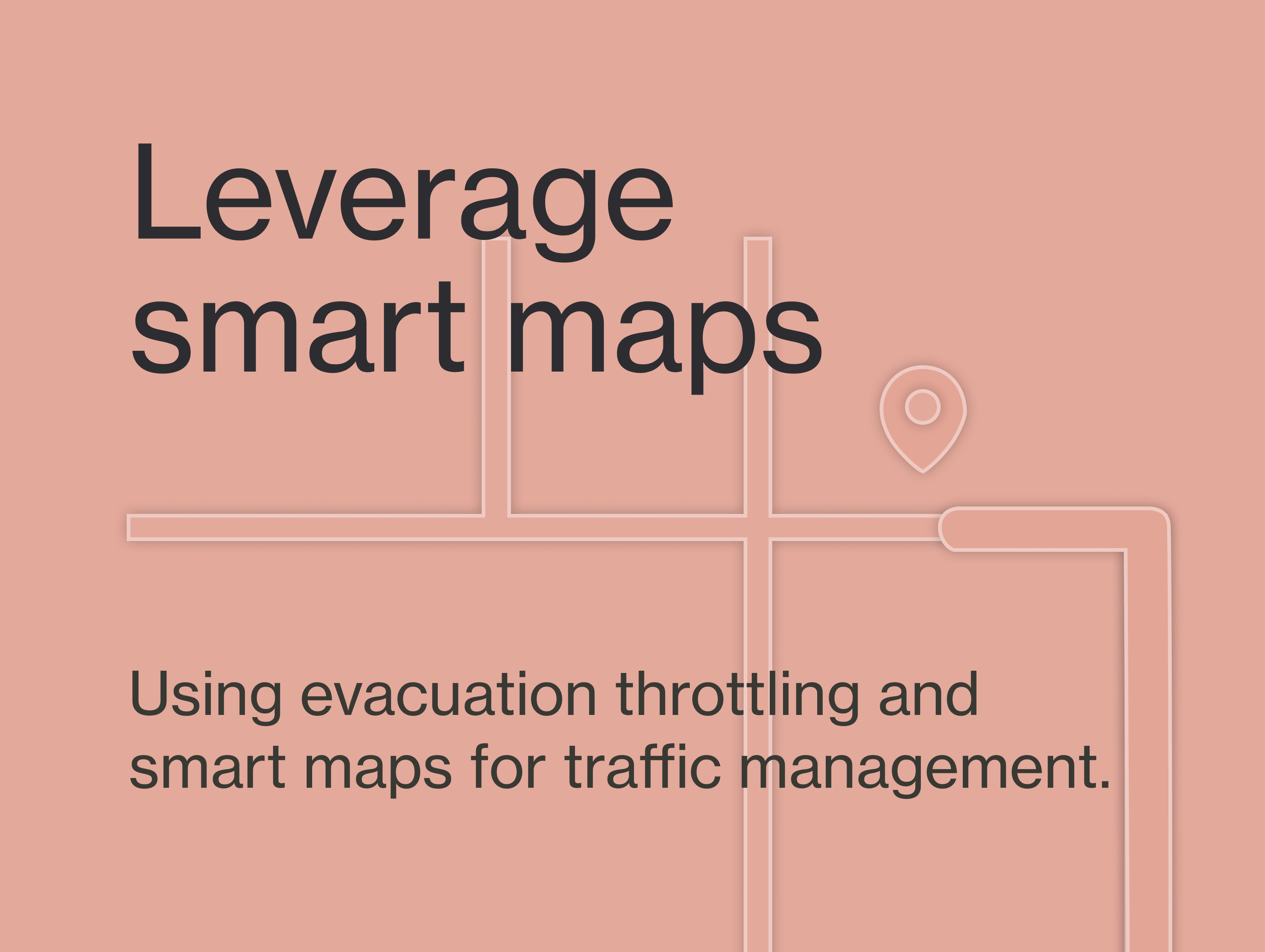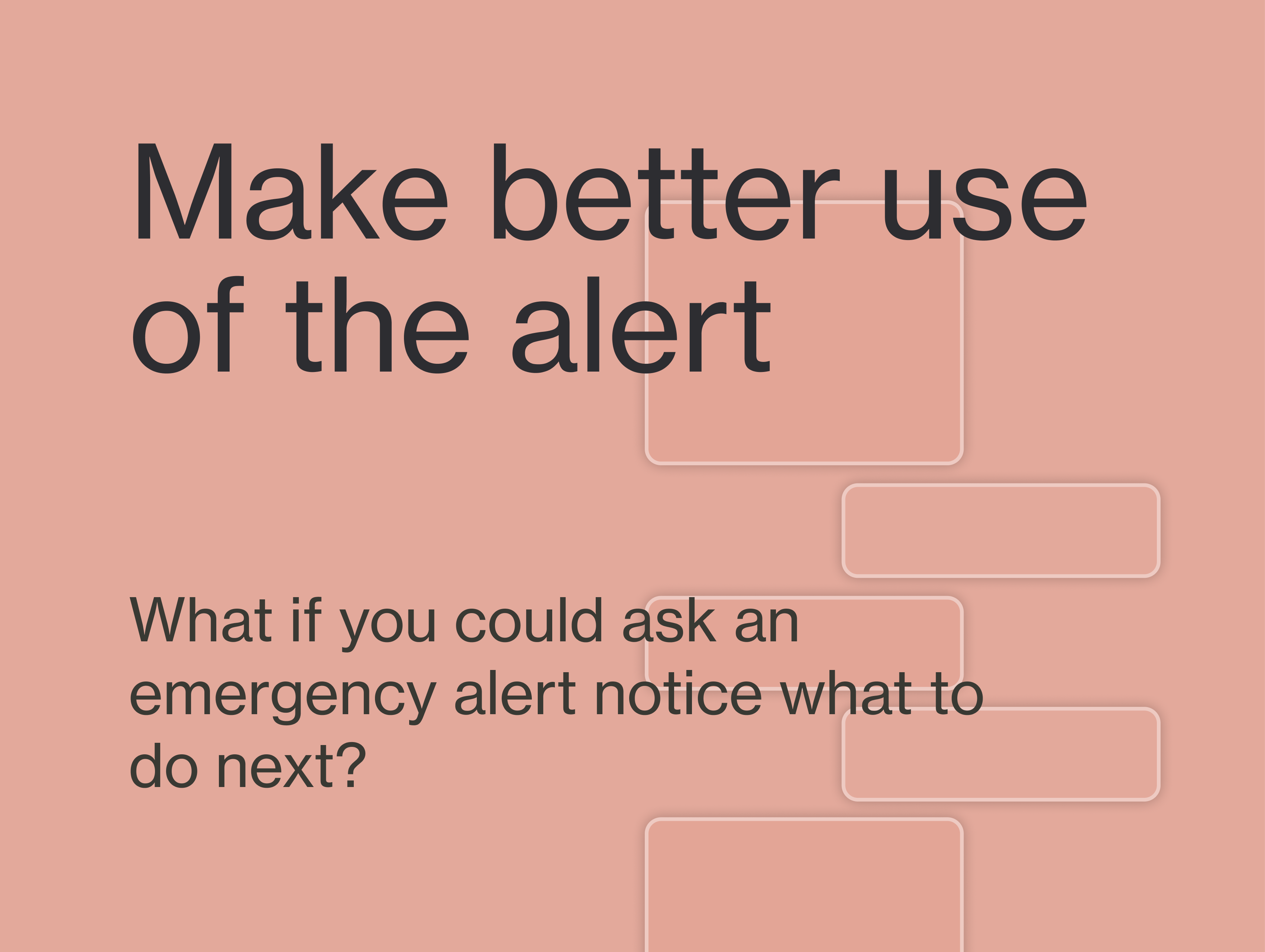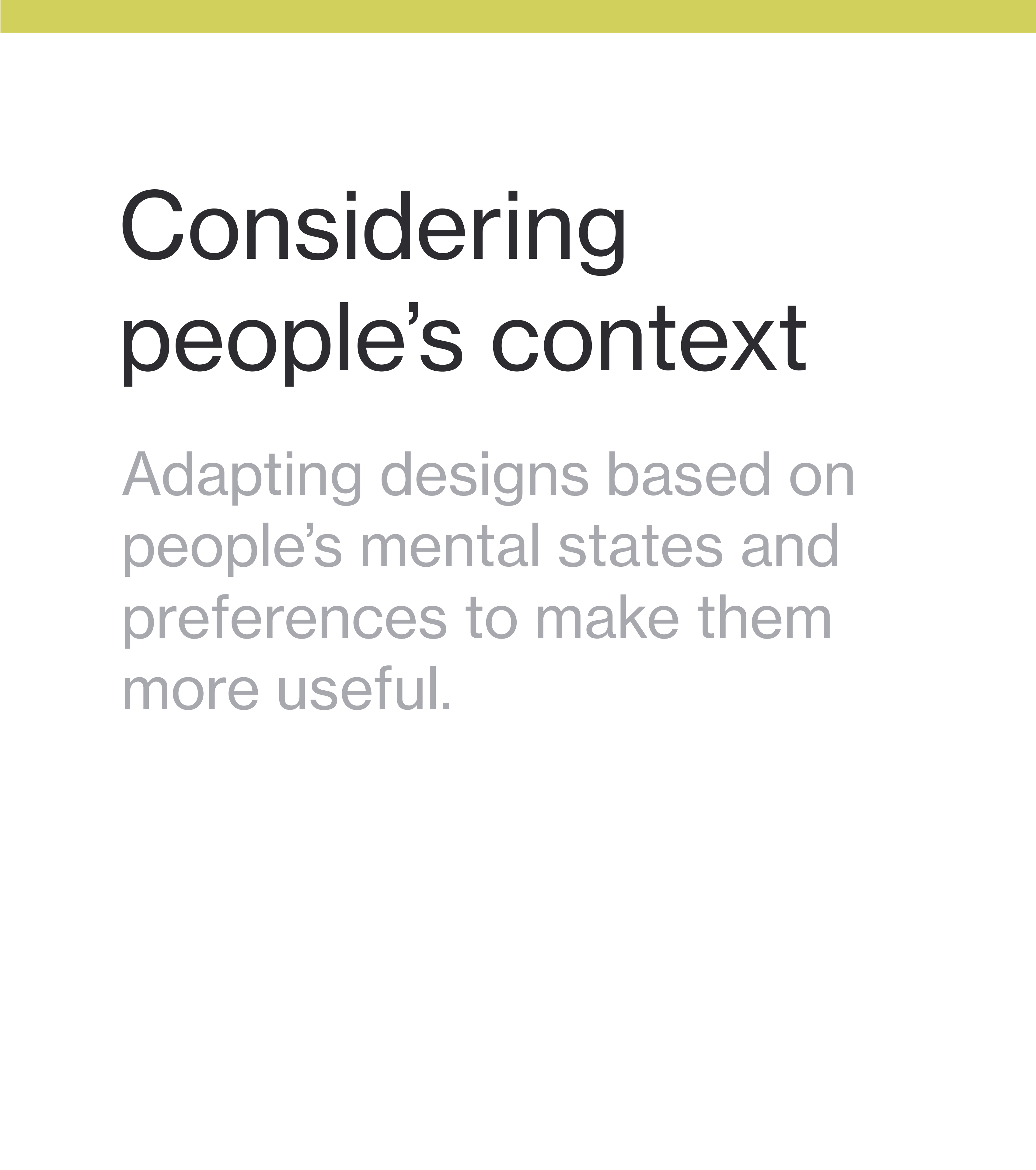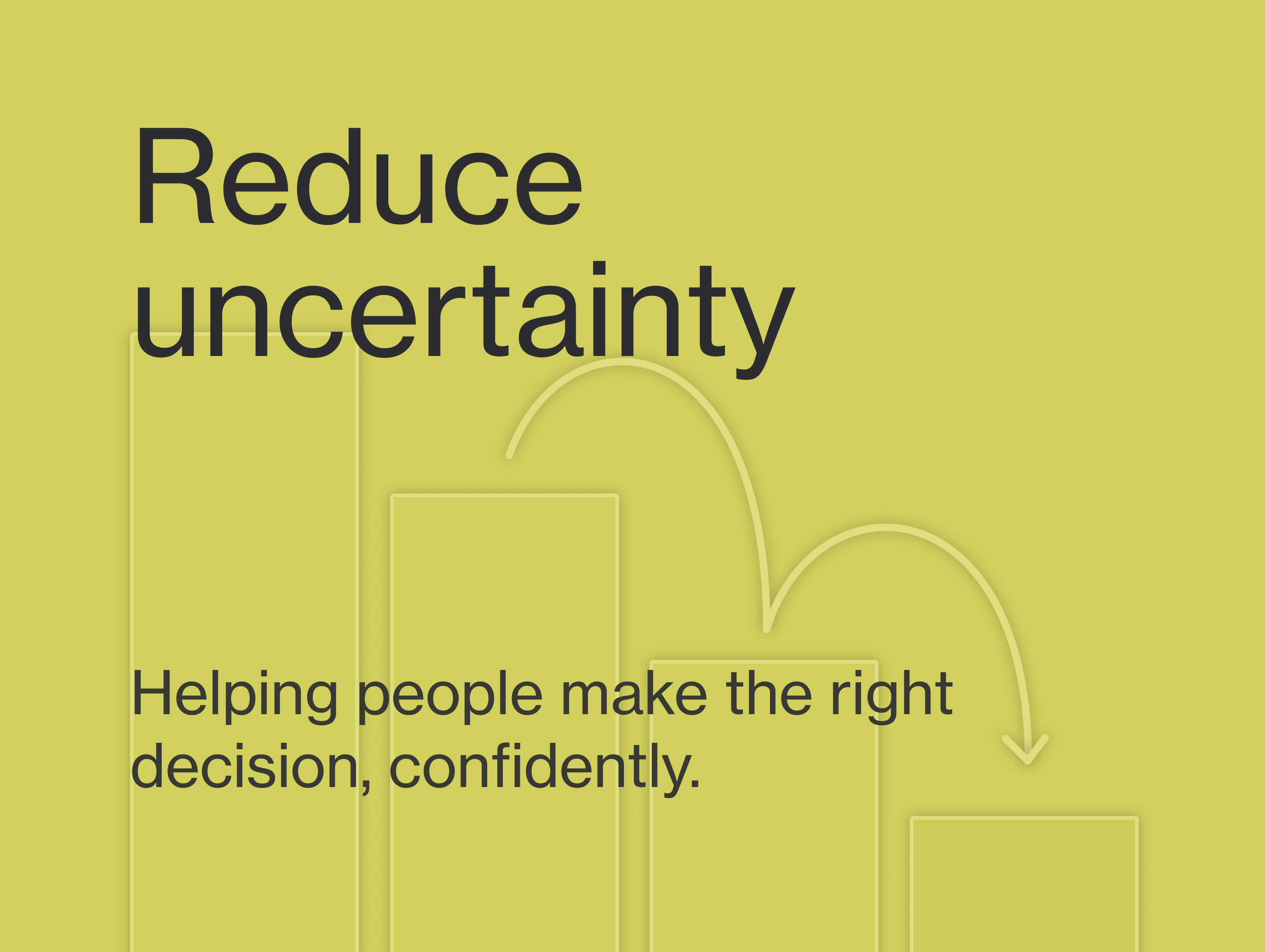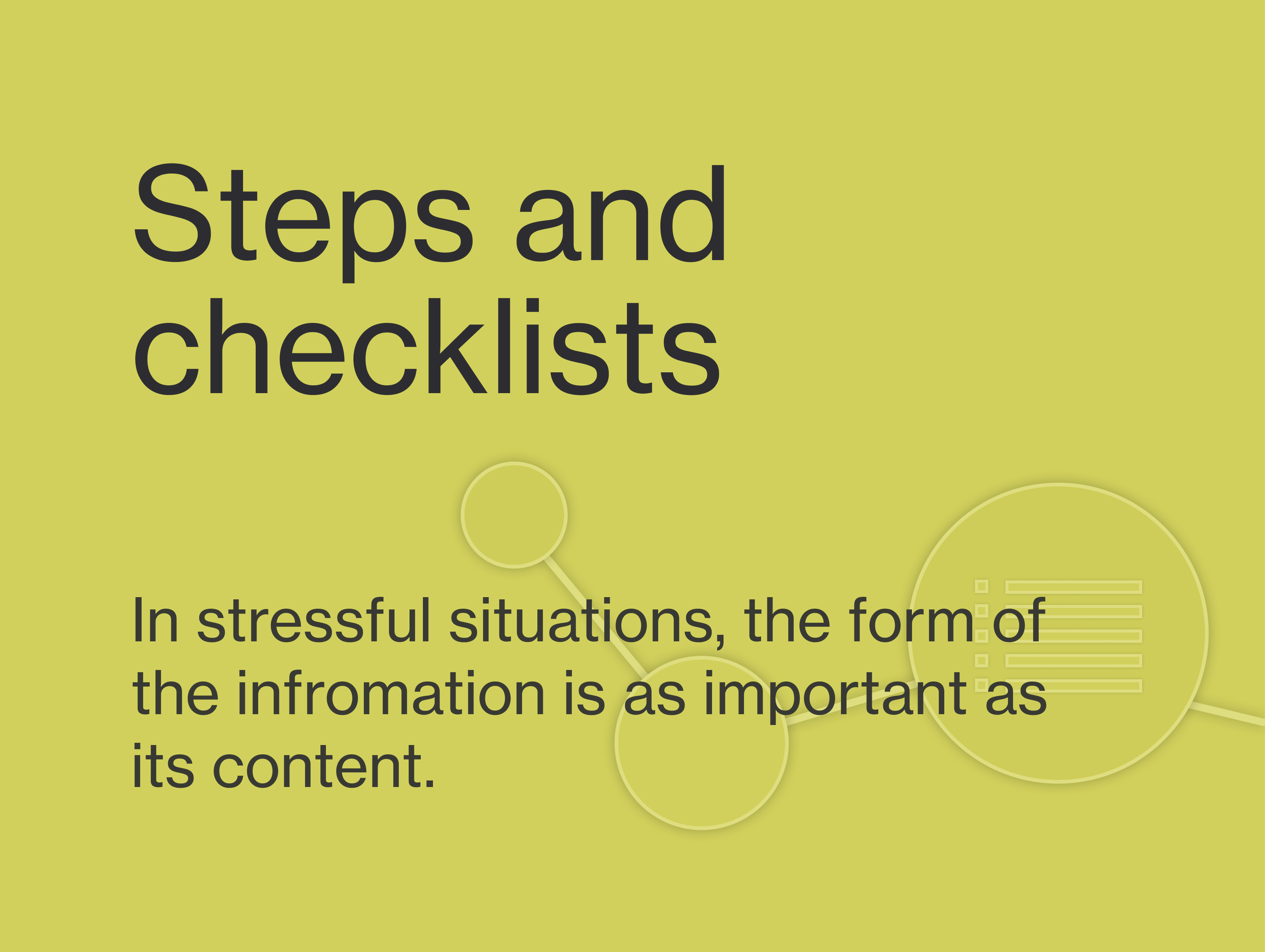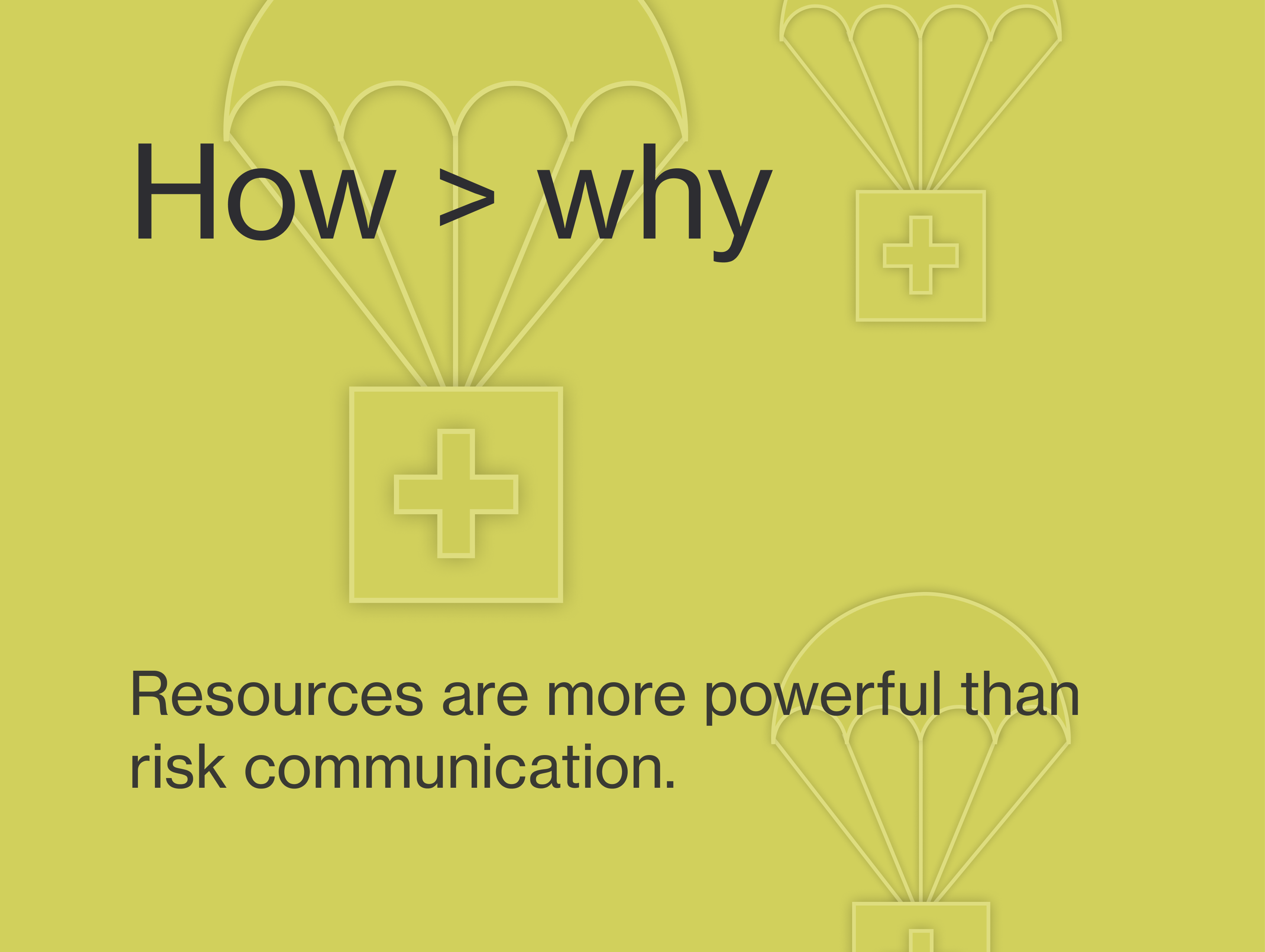Changing the culture of disaster
Mythbusting
Some myths and misconceptions can drastically impact people’s choices and mental health. Addressing these unfounded assumptions can be done contextually so they resonate more.
Examples
______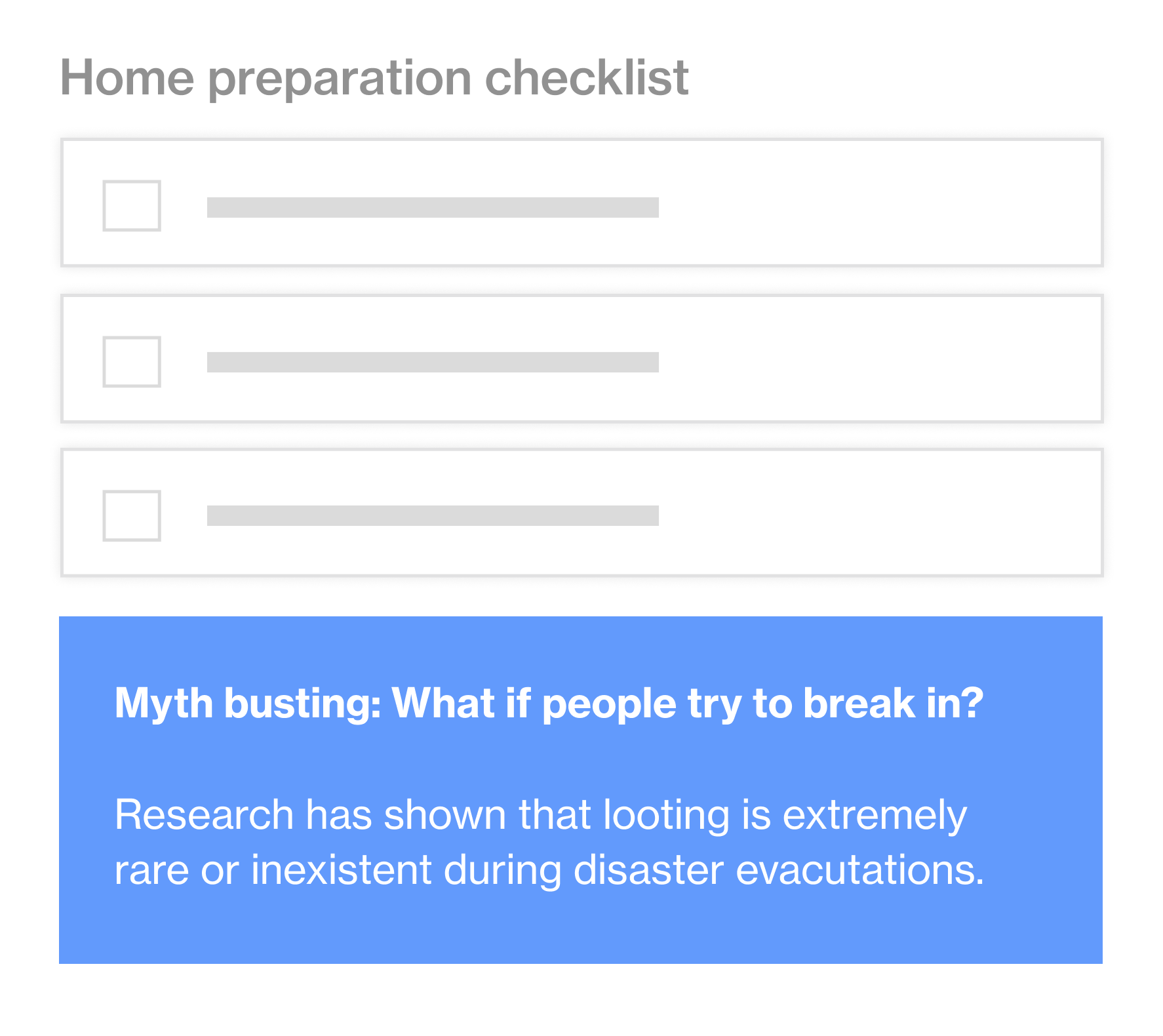
Contextual mythbusting: Looting
People pointed to their fear of looting when leaving their homes behind. We acknowledged this fear and debunked it in the ‘Home preparation’ step.
Supporting research
______
Unfounded beliefs
“In the wake of an earthquake, a bombing, or a major storm, most people are altruistic, urgently engaged in caring for themselves and those around them, strangers and neighbors as well as friends and loved ones. Decades of meticulous sociological research on behavior in disasters (...) have demonstrated this.
But belief lags behind, and often the worst behavior in the wake of a calamity is on the part of those who believe that others will behave savagely and that they themselves are taking defensive measures against barbarism.”
Rebecca Solnit, A Paradise Built in Hell

“Looting is exceedingly rare, while fears of looting are rampant.”
Henry Quarentelli, Pioneer of the Sociology of Disaster.
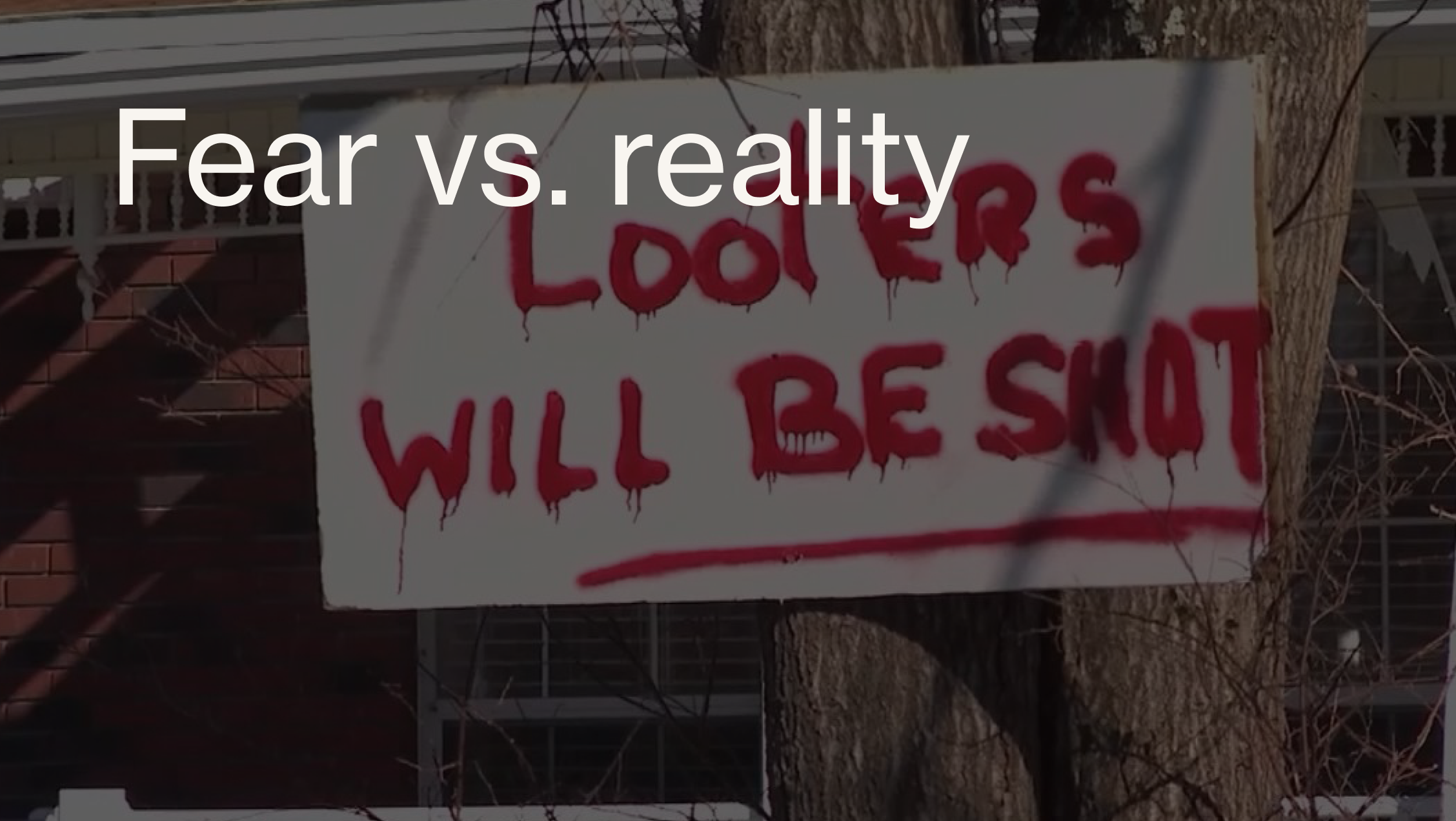
“In the wake of massive disasters, fears about crime and other forms of disorder almost always rise, experts say. But while some people do take advantage of the collective distraction, the fear of crime — particularly looting — typically outstrips the reality, said experts who study storms and recoveries.
Looting rumors and fear of crime often exaggerated after natural disasters.”
Janelle Ross & Wesley Lowery, The Washington Post, 2017
Looting rumors and fear of crime often exaggerated after natural disasters.”
Janelle Ross & Wesley Lowery, The Washington Post, 2017

“Because of mis- information, emergency responders/coordinators spend a significant amount of time dispelling rumours and the mis-information, even more than they do trying to keep people safe.”
Emergency Management BC, Public Alerting Service Design Project, 2018
Emergency Management BC, Public Alerting Service Design Project, 2018
